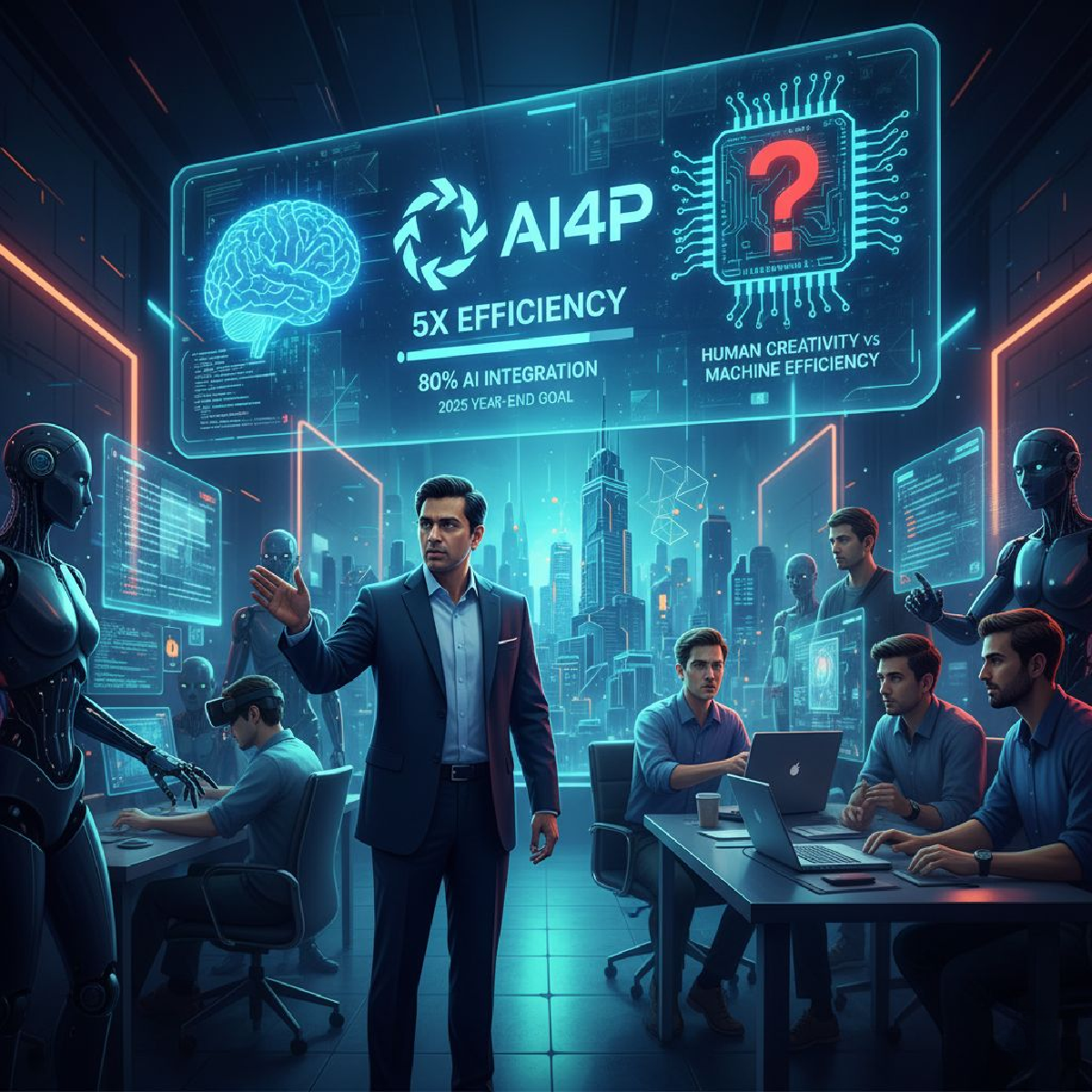Meta just told its metaverse teams to get five times more efficient or get out of the way. Vishal Shah, VP of the metaverse division, launched the “AI4P” initiative with a blunt message: think 5X, not 5%.
The directive is simple. Integrate AI into every part of the workflow. Use it for coding, design, planning, and problem-solving. The goal is 80% AI integration across all metaverse operations by the end of 2025. To make it happen, Meta is rolling out mandatory training programs and “AI learning days” where teams learn to delegate tasks to machines.
On paper, it makes sense. AI can automate repetitive work, speed up iteration cycles, and free up humans for higher-level thinking. Early adopters inside Meta report faster prototyping and reduced grunt work.
But some engineers are less enthusiastic. They worry about code quality degradation when AI generates too much of the codebase. Managing AI-generated code can be harder than writing it yourself, especially when debugging cryptic outputs. There’s also concern about what happens to those who can’t adapt fast enough to the new paradigm.
The Philosophical Question#
Here’s the deeper issue: in our obsession with efficiency, are we measuring the right things? Five times faster doesn’t always mean five times better. Efficiency optimizes for speed and scale, but creativity often emerges from the slow, messy, seemingly inefficient process of human exploration.
When machines become our primary collaborators, we risk optimizing for what’s measurable while losing what’s essential. The question isn’t whether AI can make us more efficient. It’s whether efficiency is the right goal when building worlds meant to inspire human imagination.


